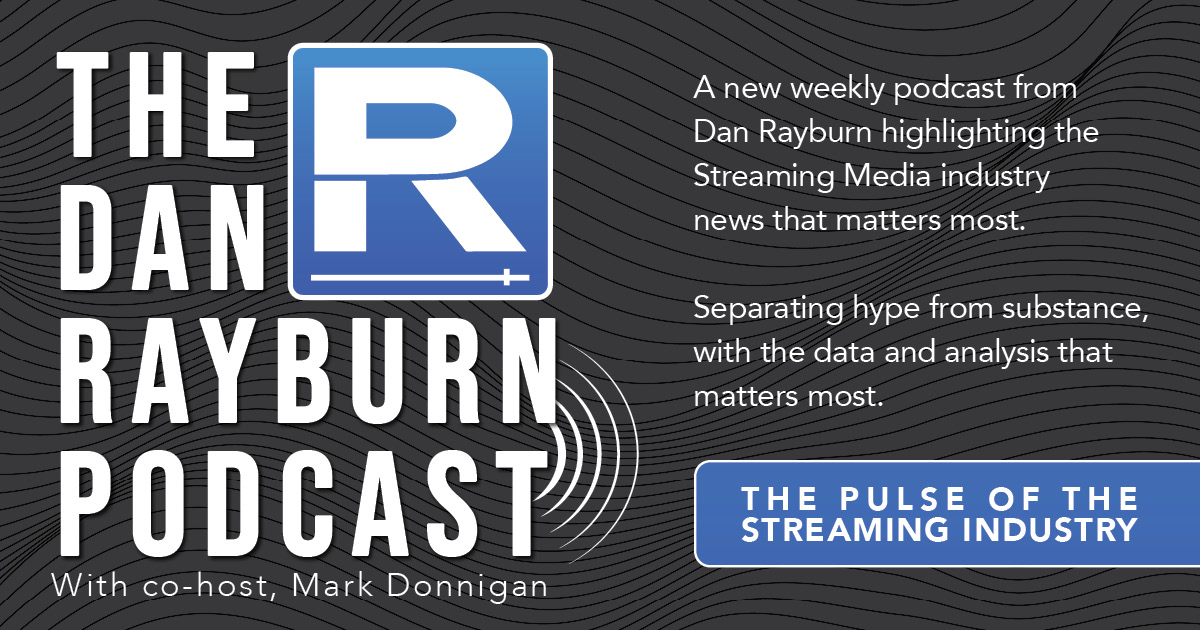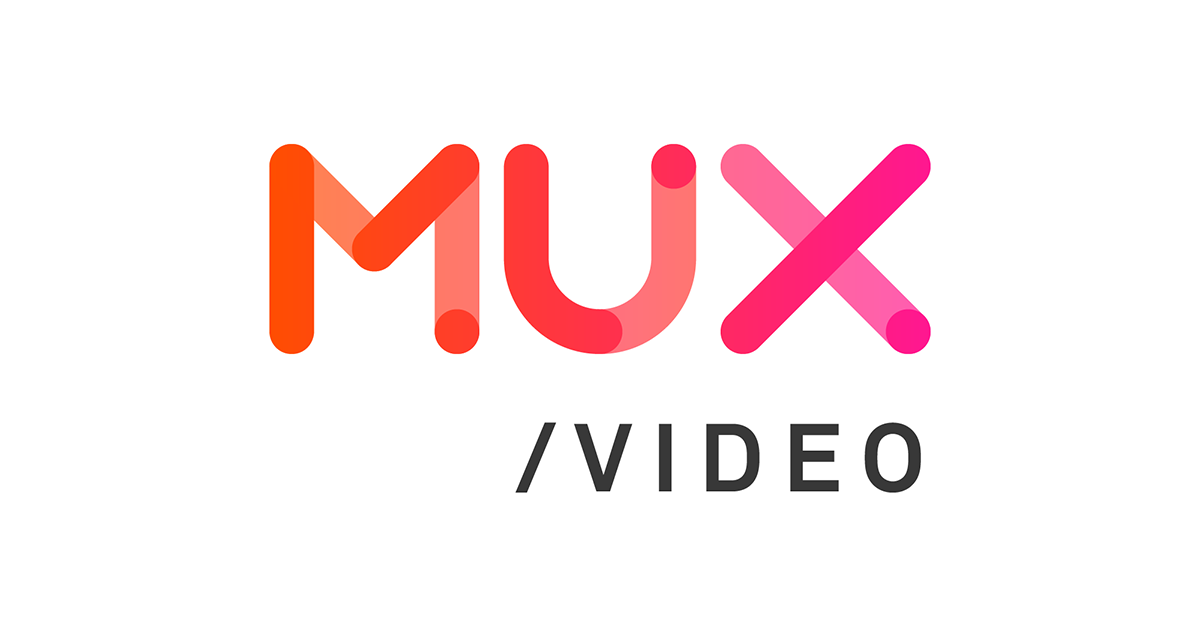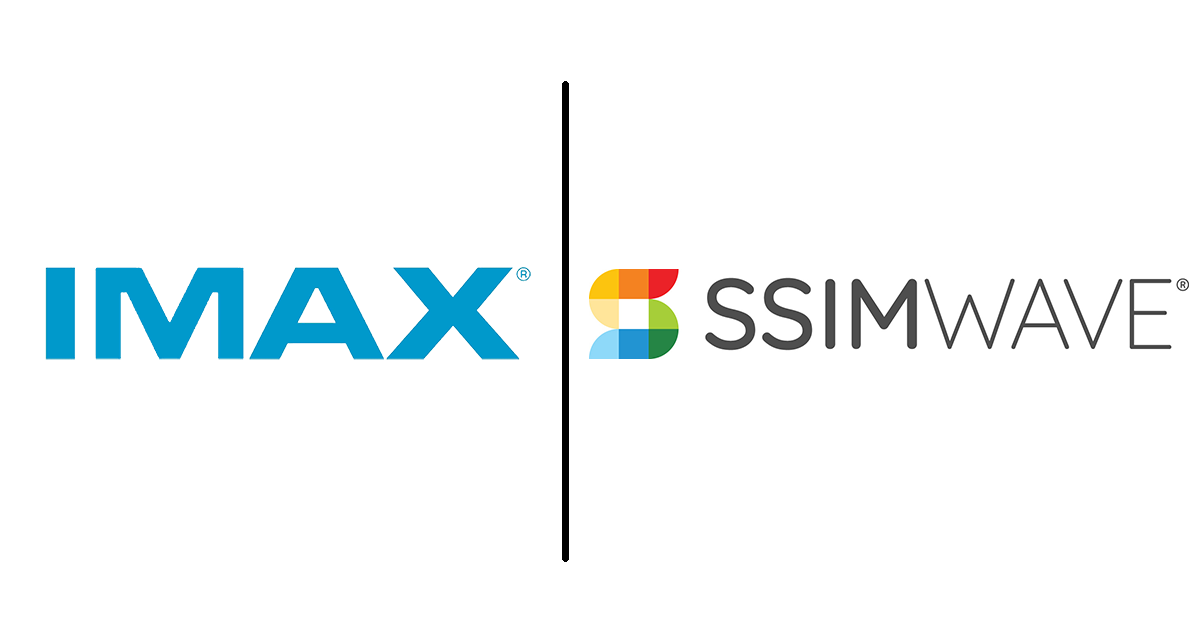Podcast Episode 39: Q3 Earnings Recap from Disney, Netflix, Paramount, Roku, Fubo, WarnerBros. Discovery, FOX, Vimeo, Brightcove and Fastly
Podcast Episode 39 is live! This week we breakdown all the key numbers you need to know from Q3 2022 earnings from OTT companies and streaming vendors including Disney, Netflix, Paramount, Roku, Fubo, WarnerBros. Discovery, FOX, Vimeo, Brightcove, Fastly, Cloudflare, Altice, DISH, Lionsgate and AMC Networks. Learn the latest D2C subscriber numbers, ARPU per user and how much money OTT platforms are still losing (Disney lost $1.47B, Paramount lost $343M). Thanks to this week’s podcast sponsor, Agora.
Companies, and services mentioned: Disney, Netflix, Paramount, Roku, Fubo, WarnerBros. Discovery, FOX, Vimeo, Brightcove, Fastly, Cloudflare, Altice, DISH, Lionsgate, AMC Networks, Charter, Xumo, Tubi, NPR+.




